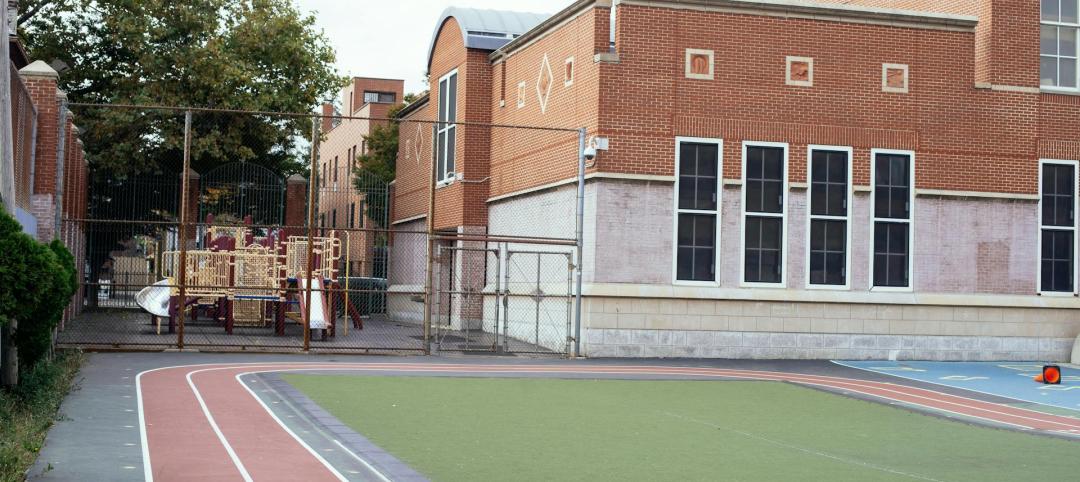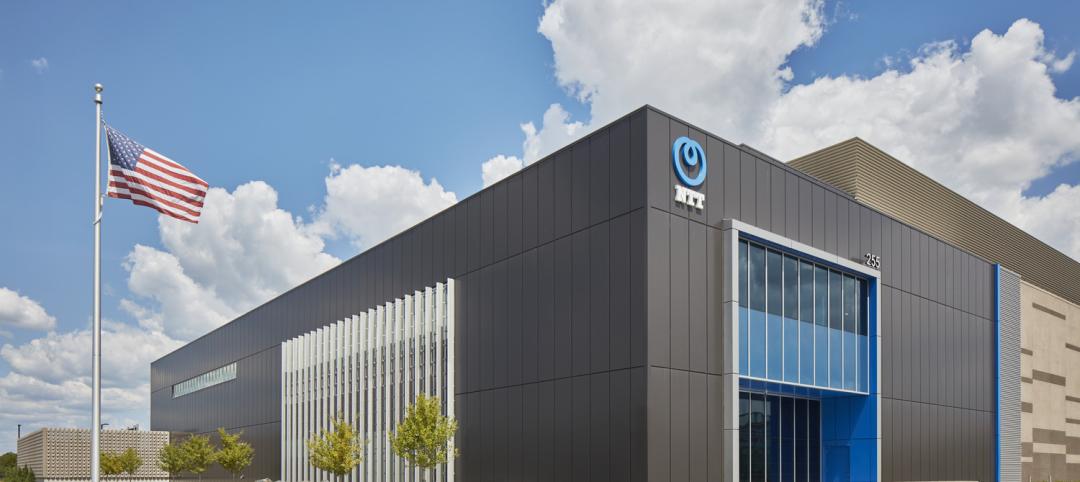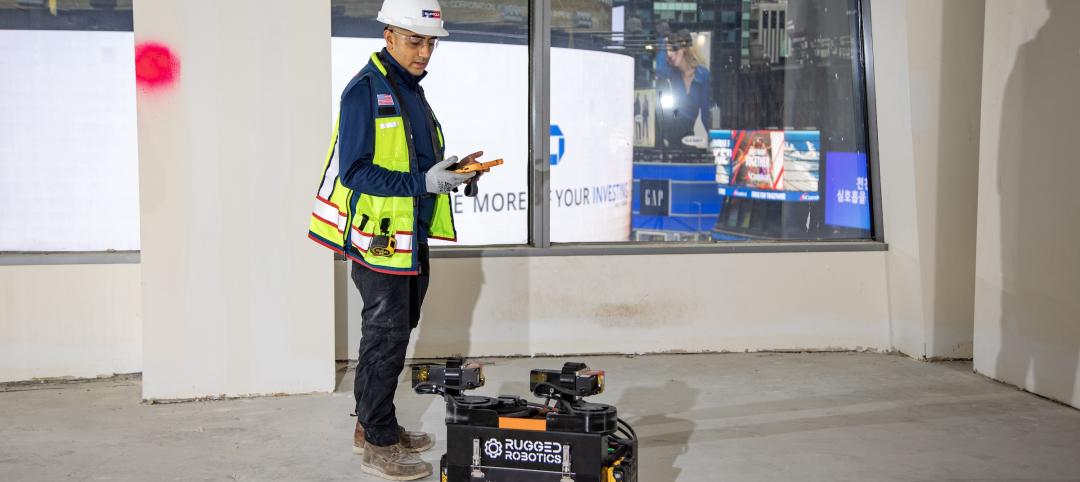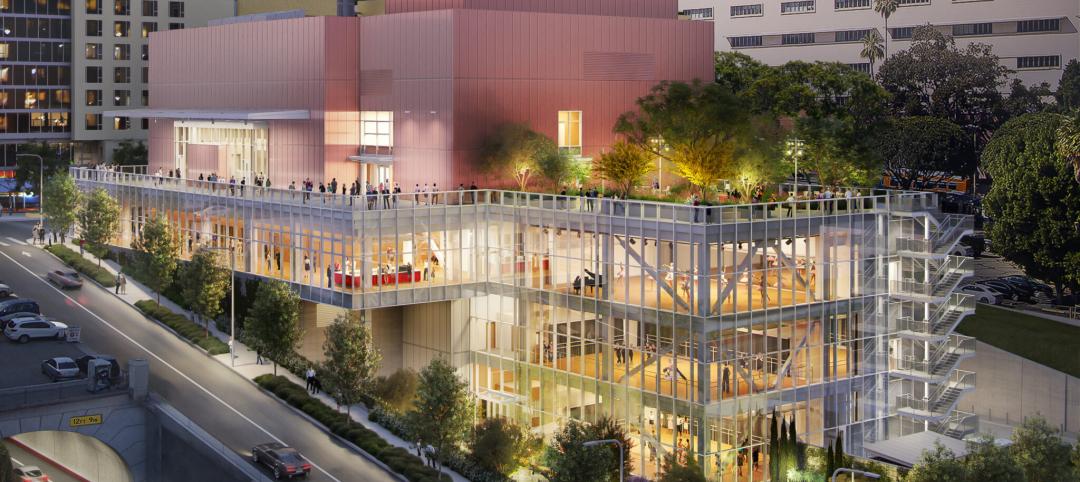Analysis of Stimulus Data Shows Program Delivering More Construction Jobs than Initially Estimated, Helping Boost Transportation Spending, Contractors Group Notes
Stimulus funded infrastructure projects are saving and creating more direct construction jobs than initially estimated, according to a new analysis of federal data released today by the Associated General Contractors of America. The analysis also found that more contractors are likely to perform stimulus funded work this year as work starts on many of the non-transportation projects funded in the initial package.
"The stimulus is one of the very few bright spots the construction industry experienced last year and is one of the few hopes keeping it going in 2010," said Ken Simonson, the association's chief economist. "The stimulus is saving construction jobs, driving demand for new equipment and delivering better and more efficient infrastructure for our economy."
Simonson noted that new federal reports show the $20.6 billion dollars worth of stimulus highway projects initiated over the past twelve months have saved or created nearly 280,000 direct construction jobs. That amounts to 15,000 jobs per billion dollars invested, well above pre-stimulus estimates that every billion invested in infrastructure projects would create 9,700 direct construction jobs.
The economist added that heavy and civil engineering construction employment was stable last month even as total construction employment declined by 75,000. Meanwhile, highway and road construction was one of the only areas to see an increase in spending last year even as total construction spending fell by $100 billion. The two figures are a clear sign the stimulus is having a significant, and stabilizing, impact on the industry, Simonson noted.
Simonson cited examples like Pittsburgh's Golden Triangle Construction Co as an indication of the benefits of investing in infrastructure. The company is hiring two new engineers and over 100 employees this spring just to perform $24 million worth of stimulus-funded projects this year.
It also is ordering new construction equipment to perform the work from Ripon, California-based Guntert and Zimmerman. As a result, the equipment maker saved 40 jobs on its assembly line. And thanks to its stimulus work, Golden Triangle decided to complete construction of its delayed headquarters, providing even more local construction jobs.
Simonson cautioned however that overall declines in construction activity have, and likely will continue to overshadow the benefits of the stimulus. "The stimulus will keep a bad situation from deteriorating further," Simonson said. "That may not make for great headlines, but it is welcome news for construction workers anxious to continue receiving paychecks."
Related Stories
Lighting | Mar 4, 2024
Illuminating your path to energy efficiency
Design Collaborative's Kelsey Rowe, PE, CLD, shares some tools, resources, and next steps to guide you through the process of lighting design.
MFPRO+ News | Mar 1, 2024
Housing affordability, speed of construction are top of mind for multifamily architecture and construction firms
The 2023 Multifamily Giants get creative to solve the affordability crisis, while helping their developer clients build faster and more economically.
Multifamily Housing | Feb 29, 2024
Manny Gonzalez, FAIA, inducted into Best in American Living Awards Hall of Fame
Manny Gonzalez, FAIA, has been inducted into the BALA Hall of Fame.
K-12 Schools | Feb 29, 2024
Average age of U.S. school buildings is just under 50 years
The average age of a main instructional school building in the United States is 49 years, according to a survey by the National Center for Education Statistics (NCES). About 38% of schools were built before 1970. Roughly half of the schools surveyed have undergone a major building renovation or addition.
MFPRO+ Research | Feb 28, 2024
New download: BD+C's 2023 Multifamily Amenities report
New research from Building Design+Construction and Multifamily Pro+ highlights the 127 top amenities that developers, property owners, architects, contractors, and builders are providing in today’s apartment, condominium, student housing, and senior living communities.
AEC Tech | Feb 28, 2024
How to harness LIDAR and BIM technology for precise building data, equipment needs
By following the Scan to Point Cloud + Point Cloud to BIM process, organizations can leverage the power of LIDAR and BIM technology at the same time. This optimizes the documentation of existing building conditions, functions, and equipment needs as a current condition and as a starting point for future physical plant expansion projects.
Data Centers | Feb 28, 2024
What’s next for data center design in 2024
Nuclear power, direct-to-chip liquid cooling, and data centers as learning destinations are among the emerging design trends in the data center sector, according to Scott Hays, Sector Leader, Sustainable Design, with HED.
Windows and Doors | Feb 28, 2024
DOE launches $2 million prize to advance cost-effective, energy-efficient commercial windows
The U.S. Department of Energy launched the American-Made Building Envelope Innovation Prize—Secondary Glazing Systems. The program will offer up to $2 million to encourage production of high-performance, cost-effective commercial windows.
AEC Innovators | Feb 28, 2024
How Suffolk Construction identifies ConTech and PropTech startups for investment, adoption
Contractor giant Suffolk Construction has invested in 27 ConTech and PropTech companies since 2019 through its Suffolk Technologies venture capital firm. Parker Mundt, Suffolk Technologies’ Vice President–Platforms, recently spoke with Building Design+Construction about his company’s investment strategy.
Performing Arts Centers | Feb 27, 2024
Frank Gehry-designed expansion of the Colburn School performing arts center set to break ground
In April, the Colburn School, an institute for music and dance education and performance, will break ground on a 100,000-sf expansion designed by architect Frank Gehry. Located in downtown Los Angeles, the performing arts center will join the neighboring Walt Disney Concert Hall and The Grand by Gehry, forming the largest concentration of Gehry-designed buildings in the world.















